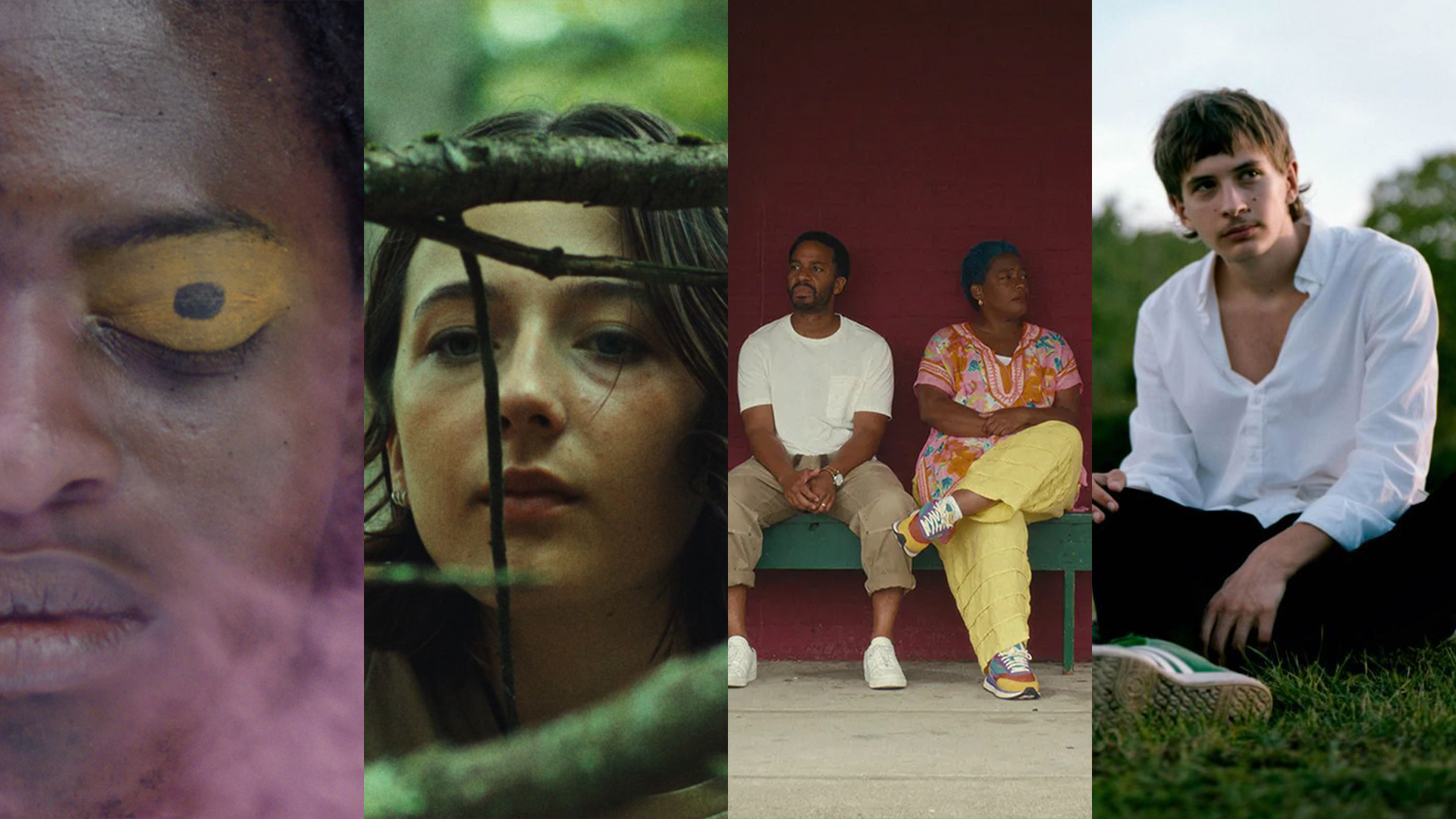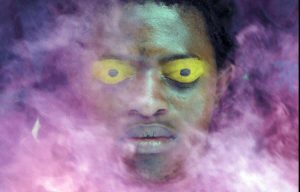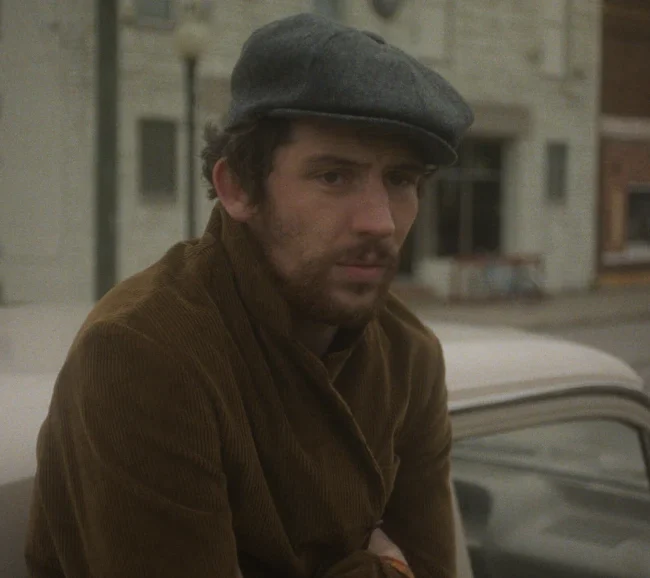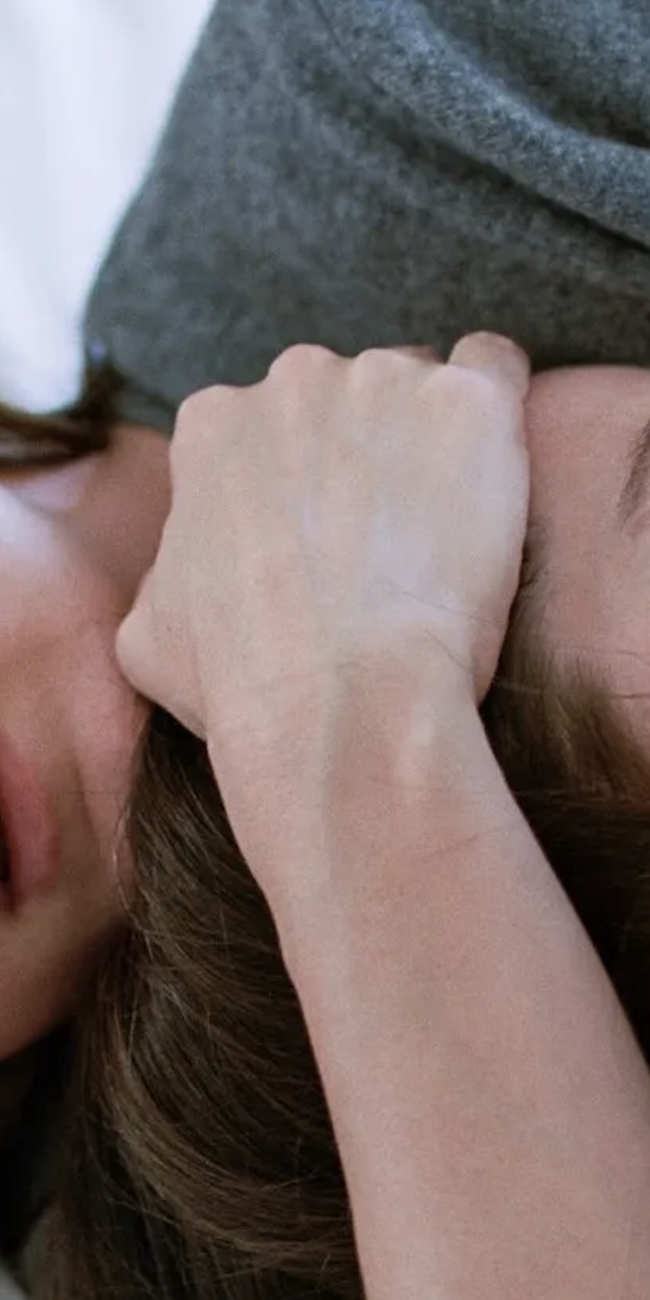7 Films to See at New Directors/New Films 2024

Throughout its five-decade run, New Directors/New Films has introduced the works of many prolific filmmakers today, including Steven Spielberg, Wong Kar-Wai, Kelly Reichardt, Denis Villeneuve, Guillermo del Toro, Laura Poitras, Yorgos Lanthimos, and Christopher Nolan – just to name a few. The festival’s 53rd edition will be held from April 3 – 15 at NYC’s Film at Lincoln Center and the Museum of Modern Art, where it will screen 25 features and 10 shorts by 36 filmmakers from all over the world. It is an exciting opportunity for NYC-based cinephiles to experience boundary-pushing new works from some exciting new voices in cinema. More information about this year’s ND/NF can be found here. Check out our top picks below.
A DIFFERENT MAN (dir. Aaron Schimberg)
When he’s not saving the world in the MCU, Sebastian Stan continues to wow us with his ever-expansive acting range. In A Different Man, he breaks barriers in a role unlike any he’s done in indie or studio films. Writer-director Aaron Schimberg’s (Chained For Life) subversive, idiosyncratic A24 comedy stars Stan as the solitary Edward, living with neurofibromatosis, who undergoes an experimental treatment that literally and grotesquely sheds his face into a dashing figure. His new look opens up a new life for him. Things soon take a baffling turn as he discovers his old life is being made into a play, and he gets caught between the exploitative playwright (The Worst Person in the World breakout Renate Reinsve) and another man with neurofibromatosis (a sensational Adam Pearson). Obsession and yearning soon lead Edward down a nightmarish rabbit hole. In her Sundance review, HtN’s Melanie Addington wrote “In the end, the film circles around how society sees you as a disabled person and how you reflect that onto your own psyche, creating a tortured identity based on fear of reaction. How Edward transforms into what he thinks society wants from him only to learn that who he was was right all along. Bending to societal pressures instead of learning to love who he is has led him into a gothic nightmare.” Elevated by Wyatt Garfield’s illusionary cinematography, A Different Man evokes questions of how we think the world sees us, and its powerful psychological storytelling proves Aaron Schimberg is an exciting new voice to look out for. (M.J. O’Toole)
GOOD ONE (dir. India Donaldson)
India Donaldson’s quietly menacing debut Good One is about more than just a family camping trip. The story is told from the perspective of a shy teenager named Sam, played by newcomer Lily Collias, who has shades of a subdued Saorsie Ronan. Sam is a beacon of light, surrounded by two men with dark secrets. Her father Chris (James Le Gros) and his woefully under-prepared friend Matt (Danny McCarthy) are both still reeling from bad life decisions and, in the silence of nature, forced to confront those emotional wounds. The taste of ramen noodles brings Matt to tears, which is a genuinely funny moment. But later his actions towards Sam are not so funny, and the film takes a turn. The beauty of the Catskills is juxtaposed with the uncomfortable awkwardness of the 3-person party dynamic Donaldson has meticulously crafted. (Matt Delman)

A still from OMEN
OMEN (dir. Baloji)
In rapper Baloji’s Omen, familial tradition is the enemy. Belgium’s official entry to the 96th Academy Awards uses magical realism to explore the sense of dread of being around family you no longer connect with. Congolese man Koffi (Marc Zinga) returns to his Congolese hometown after 18 years living in Belgium with his white fiancée (Lucie Debay), only for him to still find himself shunned by his family and former community who superstitiously accused him of being an “evil sorcerer.” Things soon go from socially awkward to worse as the ramifications of Koffi’s presence lead to a boiling point. The film also tackles the perspectives of Koffi’s more loving, progressive-minded sister (Eliane Umuhire), a young gang leader (Marcel Otete Kabeya) mourning a loss, and Koffi’s fearful mother (Yves-Marina Gnahhoua) who refuses to acknowledge her son, yet is haunted by the burdens of tradition herself. Exploring multiple linked perspectives through a psychedelic lens, Baloji weaves together an intoxicating, visually striking debut that addresses cultural barriers and hidden trauma. (MJ)
EXHIBITING FORGIVENESS (dir. Titus Kaphar)
Surprisingly overlooked at this year’s Sundance Film Festival awards, Exhibiting Forgiveness is thankfully being highlighted by its selection in New Directors/New Films. Titus Kaphar may be new to directing films but he has long been a renowned artist and painter. Some of his artistry is woven into the film, such as his whitewashing style that evokes a feeling of ‘erasure’. The film follows a couple, Tarrell and Aisha, played by Andre Holland and Andra Day. They are helping Tarrell’s mother Joyce (Aunjanue Ellis-Taylor) move out of her home, which conjures up some deep-seated family trauma, exacerbated by the reappearance of Tarrell’s father La’Ron (John Earl Jelks). The actors are fantastic across the board, and the film hinges on this family dynamic. Though at times it can feel a bit staged like a play, the dialogue and performances make it a worthwhile watch. (MD)
EXPLANATION FOR EVERYTHING (dir. Gábor Reisz)
Gábor Reisz’s new feature Explanation For Everything puts focus on contemporary Hungary’s political crisis through the eyes of teenager Abel (Adonyi-Walsh Gáspár) dealing with exam preparations and an unrequited crush. Things soon spiral when a white lie he tells involving his teacher grows into a national scandal that goes much further than what he’d intended. Reisz’s exploration of Hungarian policy/society and how people take definitive sides makes for one chilling, compelling watch. (MJ)
INTERCEPTED (dir. Oksana Karpovych)
For those who may be squeamish, watching a war documentary can be difficult. Luckily Oksana Karpovych’s experimental film Intercepted relies on the audio recordings of phone calls intercepted from Russian soldiers on the battlefield back home. The visuals are mostly locked-off shots of Ukrainian buildings and neighborhoods after they’ve been bombed. Though we see the rubble, there is no gory carnage shown on screen. To some viewers it will be more palatable than the bloody Oscar-winner 20 Days in Mariupol, though it is only slightly less emotionally harrowing. One could argue it is closer in style to The Zone of Interest, given its perspective from the enemy’s side, and especially in its use of sound. (MD)
LOST COUNTRY (dir. Vladimir Perišić)
Serbian filmmaker Vladimir Perišić’s first feature film in 14 years reflects back on a tumultuous political period from his nation’s past in the gripping Lost Country. Based on Perišić’s own experiences, it puts us in the shoes of fifteen-year-old Stefan (spectacular newcomer Jovan Ginić) who has an intensely close bond with his mother (Quo Vadis, Aida? star Jasna Ðuričić) – a key figure in its corrupt government, led by Slobodan Milošević who was ultimately convicted of war crimes during the Balkan Wars of the ‘90s. Ostracized from his peers for this association, his idealized image of his mother begins to shed in ways that soon lead to tragedy. Perišić expertly reconstructs this period of Serbian history while also creating an atmosphere of slow burn tension that is strengthened by his sharp directing and the cast’s raw & soulful performances. (MJ)
– Matthew Delman (@ItsTheRealDel) and M.J. O’Toole (@mj_otoole93)











